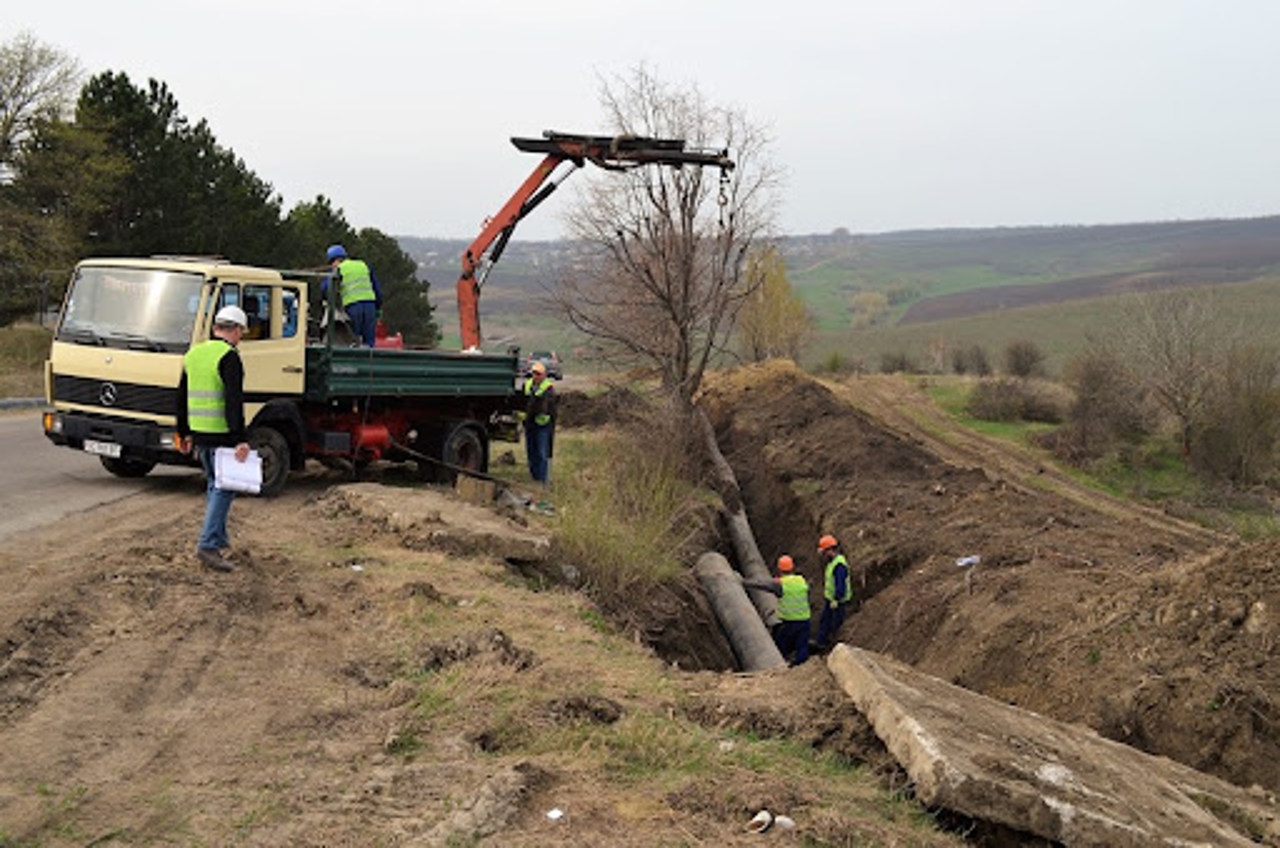The salary system in the Republic of Moldova requires deep reforms, experts
The salary system in the Republic of Moldova requires deep reforms to attract specialists in the public sector, claim the participants in a debate organized by the IPN Press Agency. According to experts, about 20 percent of positions are vacant, and job applications in this regard are modest. Government representatives also say that some jobs will be reevaluated once every five years, according to legislative provisions.

Vlad Kulminski, executive director of the Institute for Strategic Initiatives, said that this study is extremely relevant for Moldova today, in the context of the accession to the European Union, but also in the context of efficient state administration. “The main task of this study was to rather highlight the areas where the Government needs help. The task was specifically to assist the Government in carrying out the difficult tasks it has to perform,” noted Vlad Kulminski.
According to him, it is absolutely clear that the European integration will be the primary task for Moldova the coming years,. It is also clear that the EU accession negotiations covering at least 35 chapters are a complex task. Thirty-three of these chapters are quite technical and important. “Currently, there are practically three institutions dealing with the EU accession negotiations. But in order to successfully and quickly follow this path of accession and negotiations, we need a professional, sufficient and well-paid body of civil servants who will be able to push the Republic of Moldova up on this path of European integration,” said the executive director of the Institute for Strategic Initiatives.
Elena Levinta, consultant on civil service management policy at the State Chancellery of the Government, said that the situation is not simple, but systemic. Difficulties in attracting professional employees are also faced by the private sector, not only by the public one. “I will provide some figures about the central public administration. At present, according to the latest accumulated data, we have around 19,000 civil servants with general status. There are approximately as many servants with special status. About 20% of positions are vacant, I would say – chronically vacant, which means that no matter how much effort is made, through different forms of occupation, it is very difficult to attract people to fill the vacant positions,” said the consultant.






